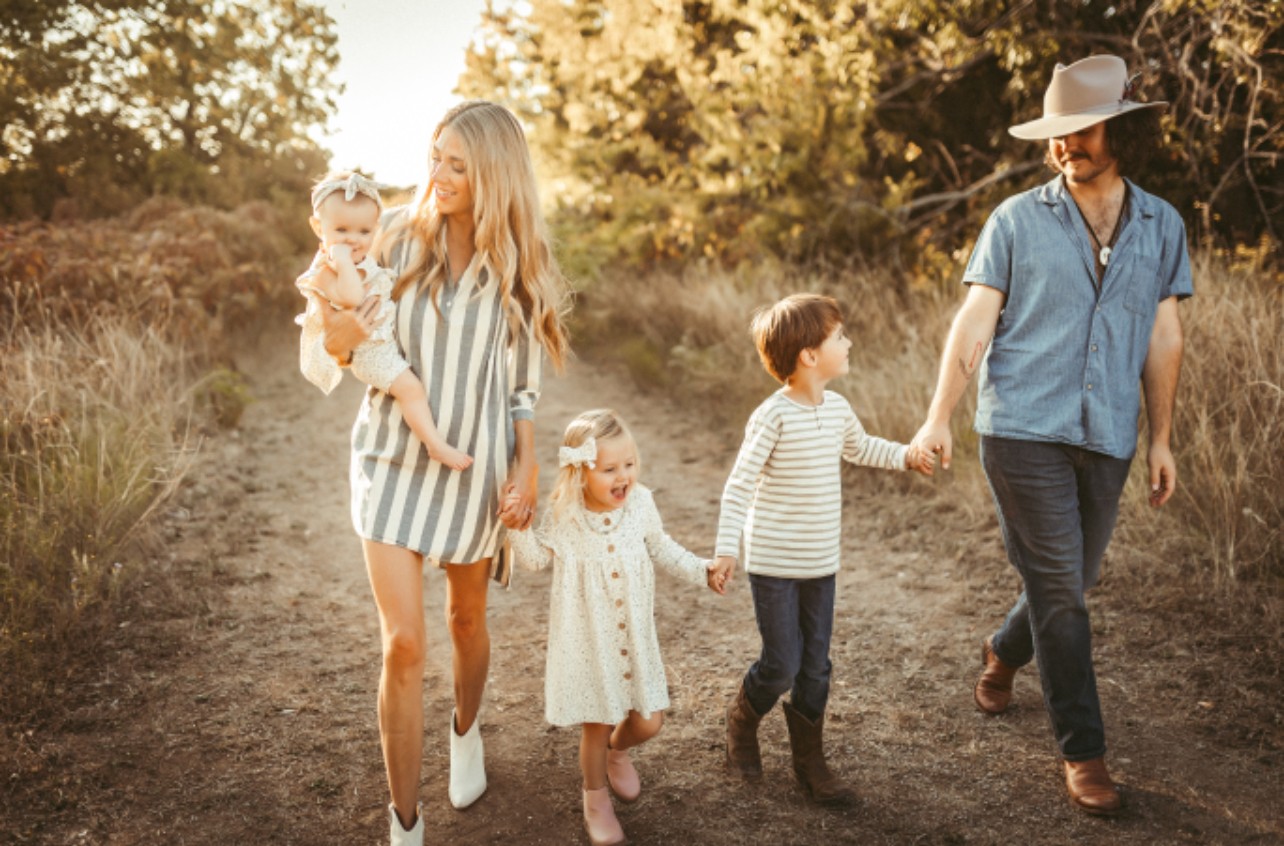We were lucky to catch up with Levi Bradford recently and have shared our conversation below.
Levi, thank you so much for joining us and offering your lessons and wisdom for our readers. One of the things we most admire about you is your generosity and so we’d love if you could talk to us about where you think your generosity comes from.
Looking back on my journey, especially in the music world, I can point to a series of mentors who shaped who I became. At every stage, there was always someone a little further down the road who took the time to show me what was possible.
That’s the essence of generosity to me: creating space for others to grow.
Now, generosity shows up in how we serve our customers, how we raise and teach our kids, and how we engage with our community. Whether it’s giving more greens than expected, offering extra herbs with a story and a smile, or sharing knowledge freely at the farmers market—we want people to feel like they got more than they paid for. More nourishment. More hope. More connection. That’s the kind of wealth we believe in building.
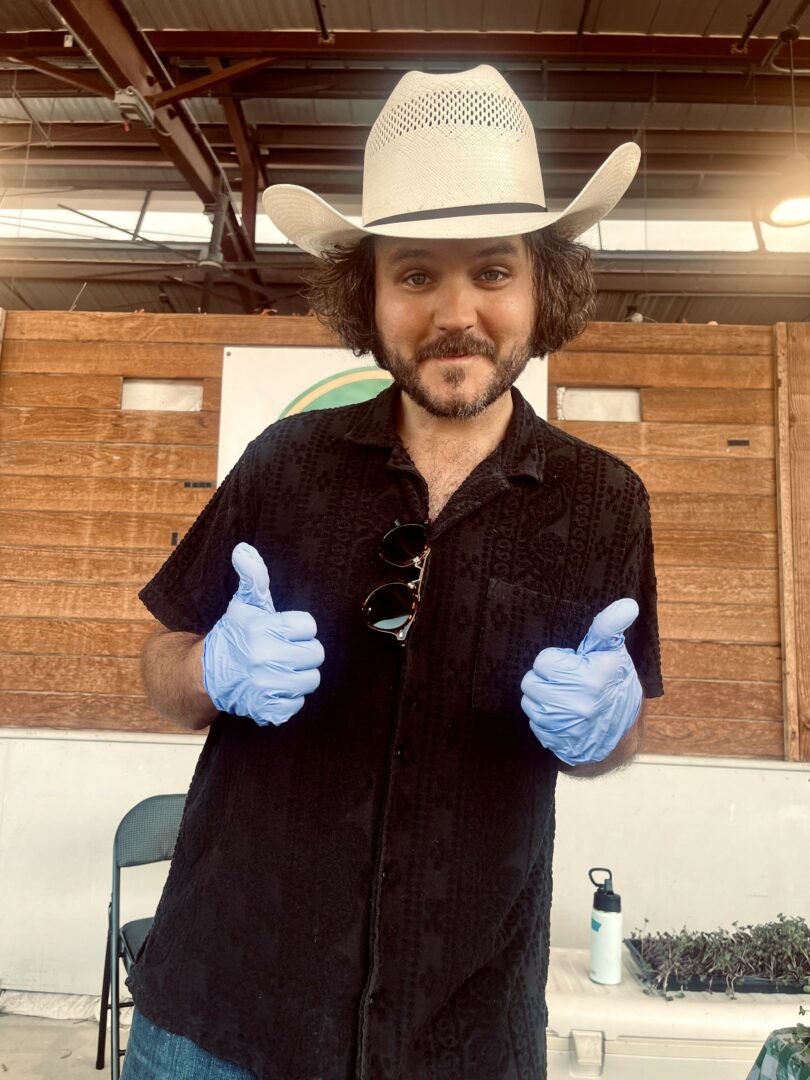
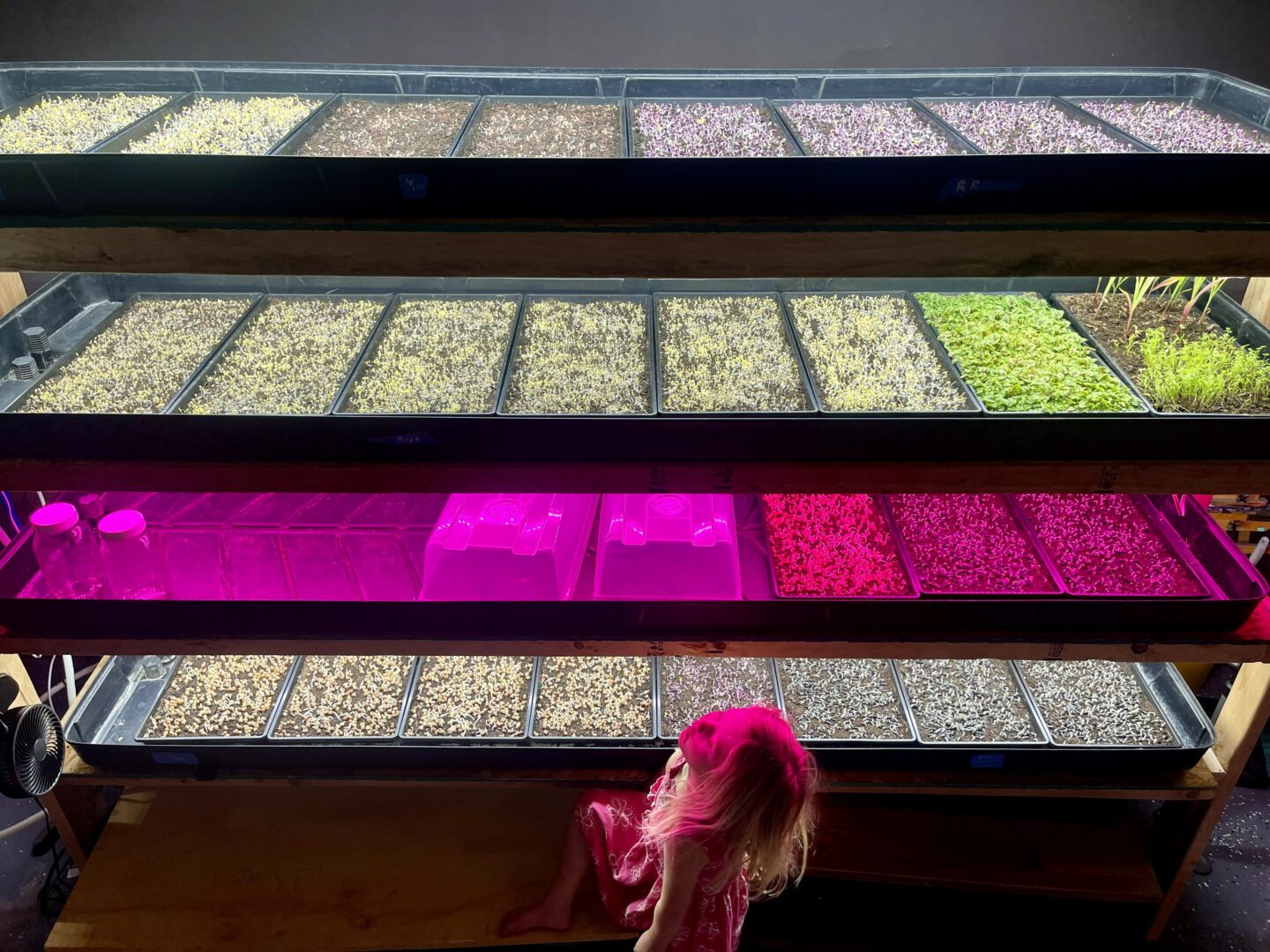
Great, so let’s take a few minutes and cover your story. What should folks know about you and what you do?
Umbrella Farms was born from a longing for something more rooted, more real. I was born in the country, but my career led me into the city, where I spent years immersed in the entertainment world—building a music school, producing records, teaching, performing. It was a beautiful journey, but once we started having children, everything shifted.
We began to crave a different pace. A slower, more intentional life. We got deeply into food—what we eat, where it comes from, and the ripple effect it has on health, culture, and the land. That curiosity turned into a full-blown conviction. We were drawn to regenerative agriculture, sustainable living, and the belief that there’s a better way to raise a family—closer to the sun, soil, and real nourishment.
Umbrella Farms started small. A few trays of microgreens. A grow tent of mushrooms. Teas blended at our kitchen table through my wife’s apothecary, The Local Herbalist. But even in that small beginning, there was a big vision: to build a thriving, closed-loop ecosystem. One where every living thing supports another. That’s how nature was designed, and we believe it’s how life works best.
So while we grow premium microgreens, gourmet mushrooms, and blend small-batch herbal teas—what we really offer is reconnection. Reconnection to land. Reconnection to health. Reconnection to one another. We’re trying to change our relationship with food—away from dead, disconnected calories and toward vibrant, living nourishment that honors the cycles of the earth.
Our products are grown with the purest seeds, the cleanest soil, and the deepest care. We harvest for peak nutrition, we blend our teas with whole herbs and adaptogens you can see, smell, and feel. And everything we grow or make carries our family’s fingerprints.
Because this truly is a family operation, We homeschool our kids. We work side by side. We’re teaching them to build things that matter, to finish meaningful tasks, to develop the kind of self-worth that only comes from competence and contribution. We believe in a household economy—where home is not just a place to rest, but a place to create, to work, and to bless others.
Creativity is woven through everything. From the artistic expression of mushroom cultivation to the design of our packaging, to the way we speak with customers at the market—there’s music and art in all of it. Growing ecosystems is creative work.
Over the next year, we want to keep building the foundation. We know we’re still small. But we’re consistent. We’re committed. We’re at the markets every weekend, building trust with our customers, staying rooted in our values. And we can’t wait to grow—into pastured meats, farm experiences, maybe even a café or farm store one day. Our big dream is a regenerative farm that feeds both body and soul—and we’re building it, one tray, one harvest, one handshake at a time.
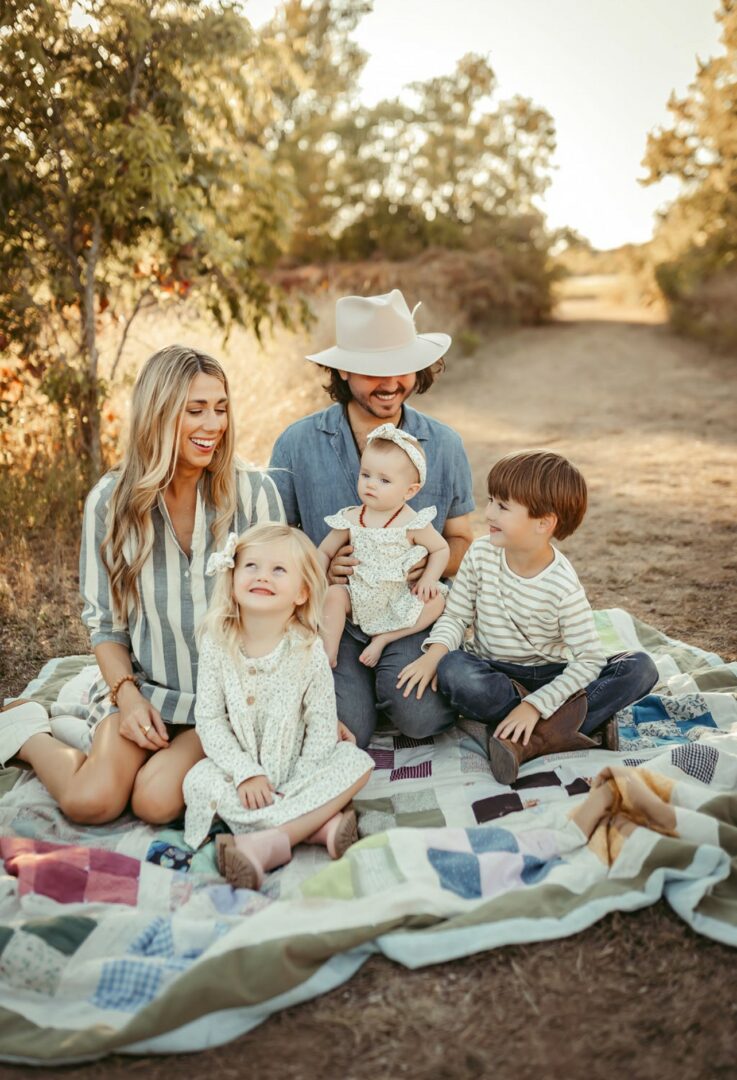
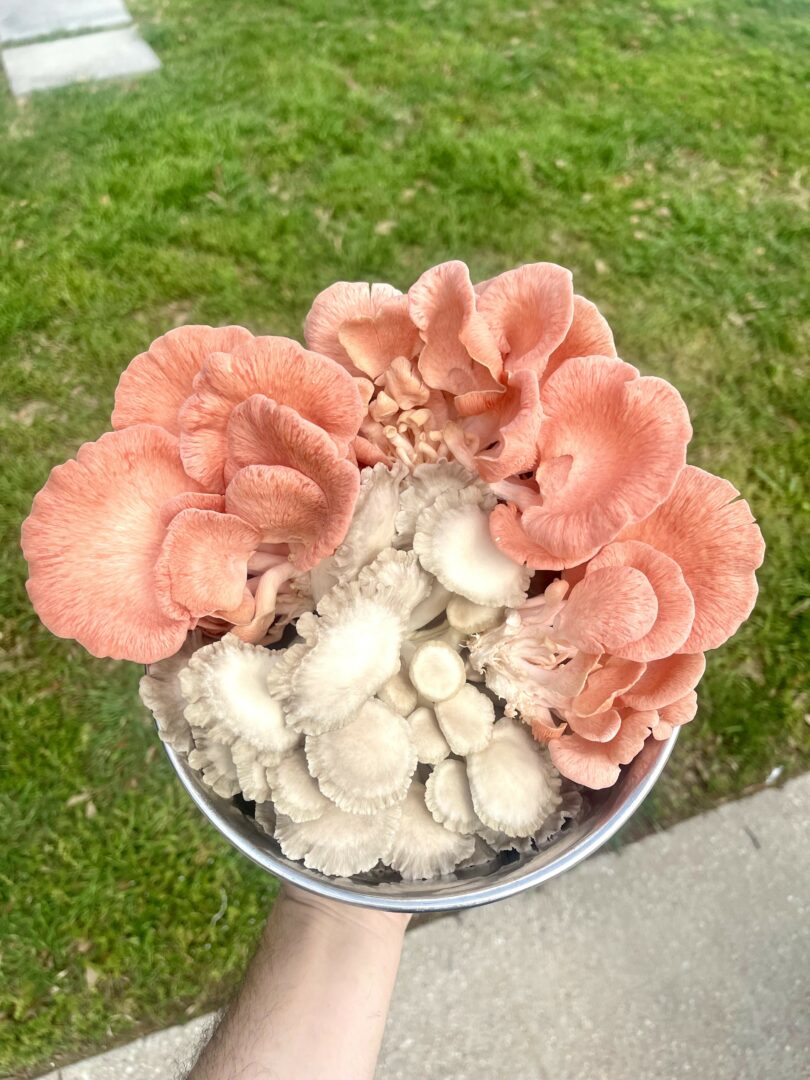
Looking back, what do you think were the three qualities, skills, or areas of knowledge that were most impactful in your journey? What advice do you have for folks who are early in their journey in terms of how they can best develop or improve on these?
Three qualities have shaped everything I’ve built: vision, grit, and relationship-building.
First, vision casting and creative thinking have always been part of my DNA. I’ve never just seen things as they are—I see what they could become. Whether it was building a music school, launching artists, or now growing a regenerative farm, I’ve always believed in designing a better future and working backward from that dream.
Second, grit and resilience. Nothing worthwhile comes easy. There were plenty of seasons where everything felt like it was falling apart. But the ability to keep showing up, to keep going when it’s hard, is what separates dreamers from builders.
Third, community and relationships. Every good thing in my life has come through people—mentors, collaborators, customers, friends. You can’t grow a farm, a family, or a brand without building trust. We’ve always tried to lead with honesty, generosity, and a commitment to connection.
If I had advice for someone early in their journey? Dream boldly. Don’t wait for permission. Learn obsessively—teach yourself everything you can. Surround yourself with good people. And when it gets hard, just keep planting. You’ll be surprised what grows.
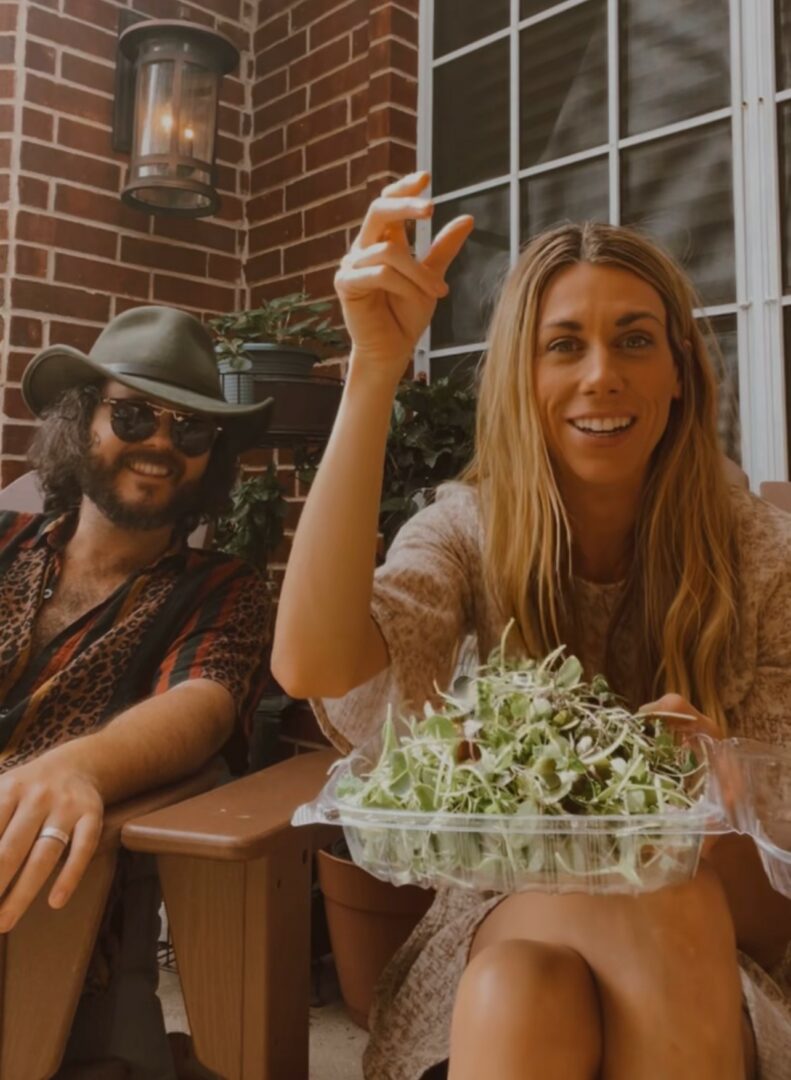
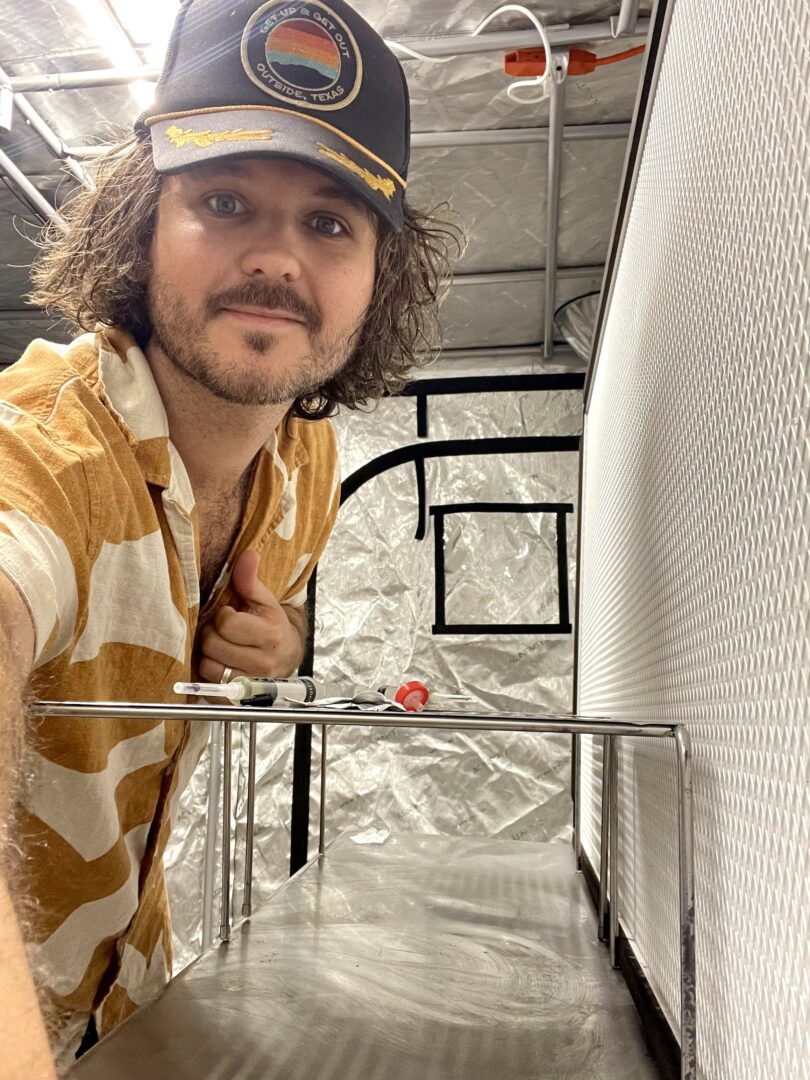
Awesome, really appreciate you opening up with us today and before we close maybe you can share a book recommendation with us. Has there been a book that’s been impactful in your growth and development?
Two books by Joel Salatin had a profound impact on me: The Marvelous Pigness of Pigs and Everything I Want to Do Is Illegal.
The Marvelous Pigness of Pigs reframed how I see the land and our role in stewarding it. Joel talks about the generosity of the sun—how it freely sends down energy, and how only plants can capture it and convert it into something nourishing. That imagery stuck with me. It reminded me that we’re living inside an abundant, beautiful carbon cycle. We just have to participate in it with care and humility. That book helped shape our desire to build regenerative systems—ones that don’t deplete the land, but actually heal it and make it more fruitful over time.
Then there’s Everything I Want to Do Is Illegal. That one lit a fire in me. Coming from the music industry, where rules and gatekeeping often stifled creativity, I was already familiar with navigating broken systems. But food? The idea that growing clean food, raising animals right, and sharing that with people could be considered illegal in so many ways—that stirred something in me. It made me want to become a food rebel. It made me want to find creative solutions, to push boundaries, and to help others rethink what’s possible.
Both of those books gave me permission to think differently, to trust nature, and to build systems that honor creation, not fight against it.
Contact Info:
- Website: https://www.umbrellafarmstx.com
- Instagram: https://www.instagram.com/umbrellafarms
- Facebook: https://www.facebook.com/umbrellafarmstx/
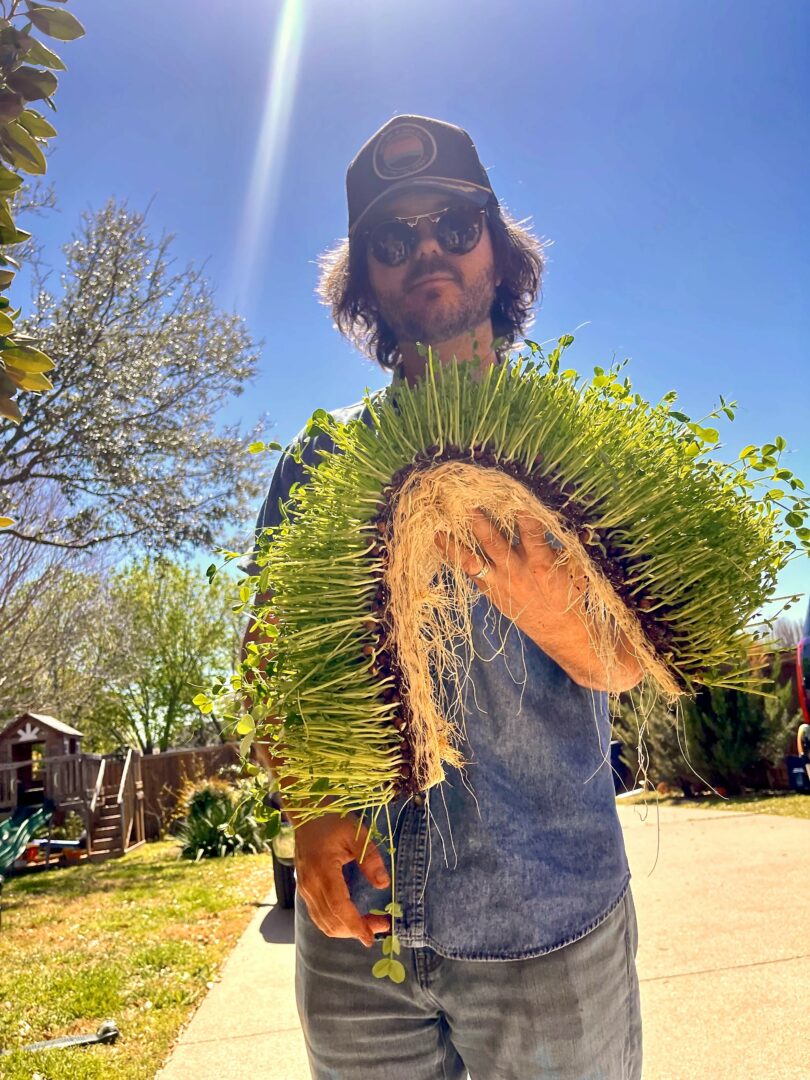
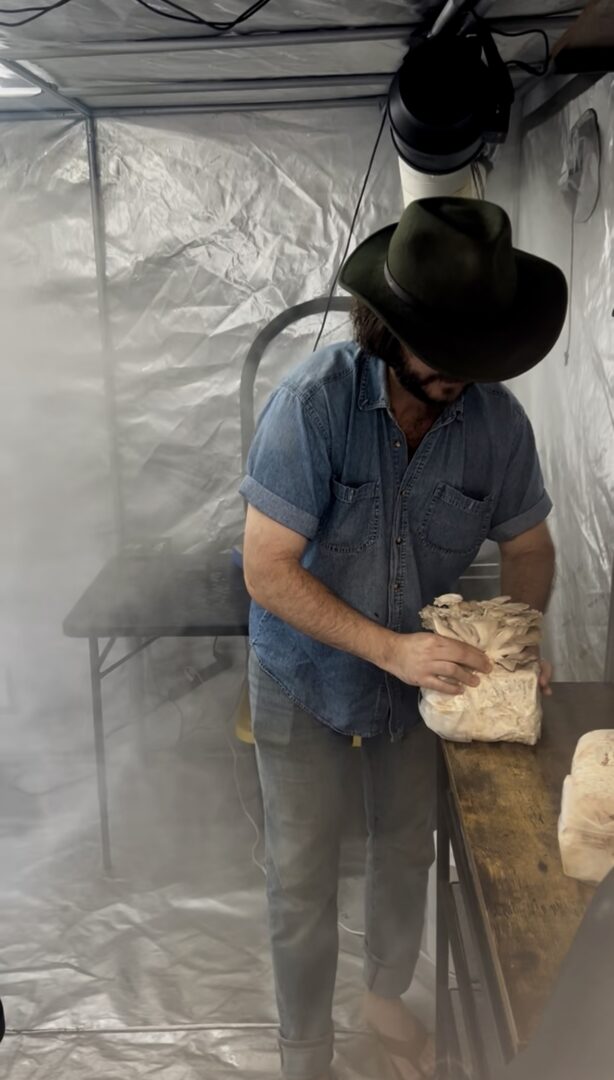
so if you or someone you know deserves recognition please let us know here.

